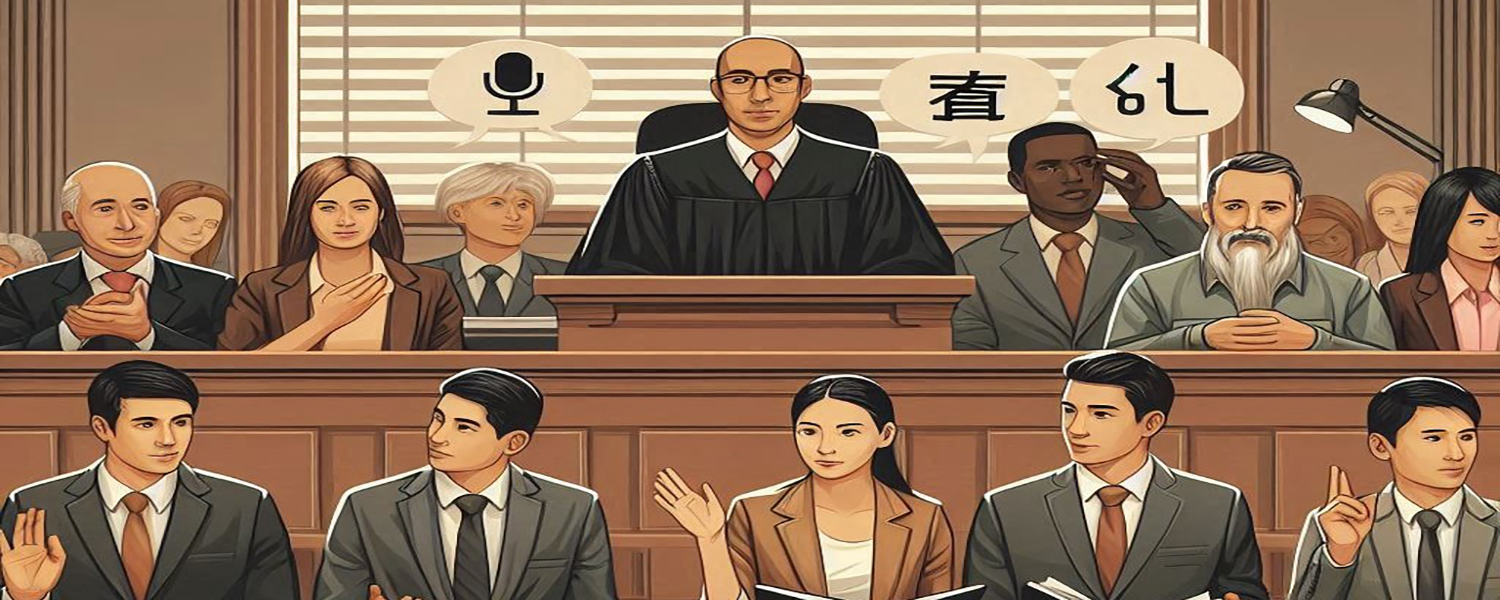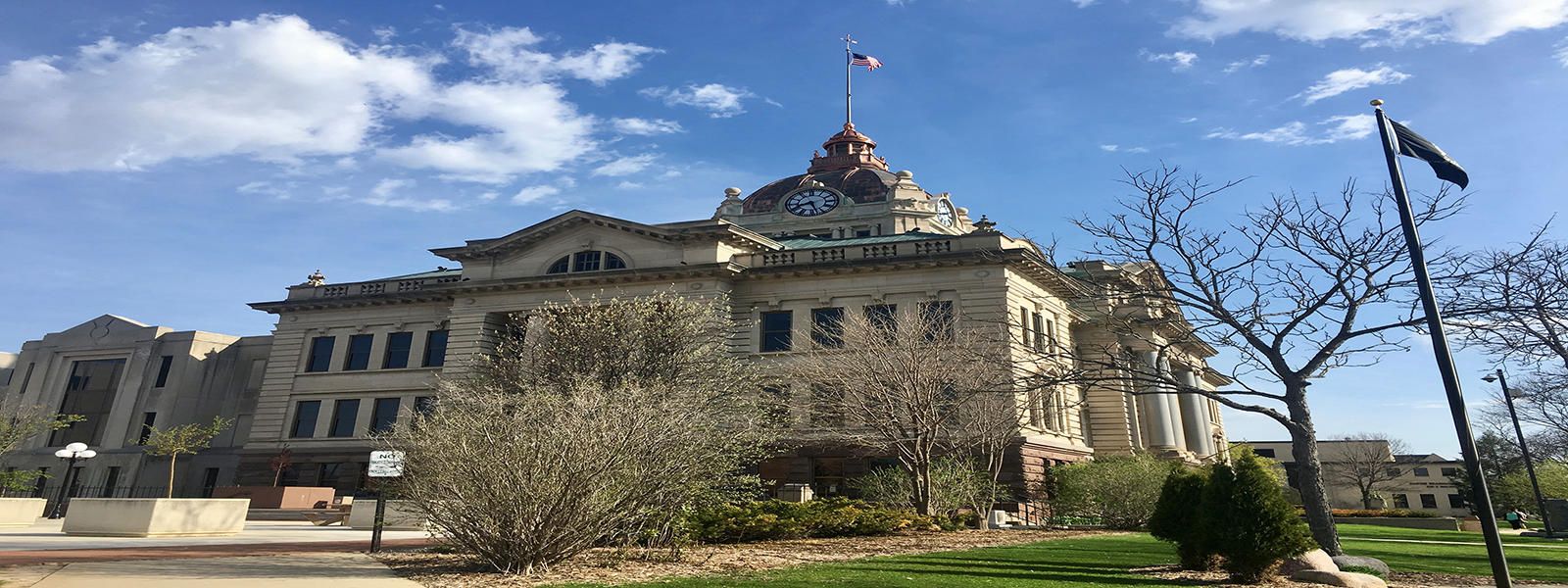When to Let Compassion Take the Driver’s Seat
When to Let Compassion Take the Driver’s Seat By: Jiraporn Ann H. Huynh At least once in a court interpreter’s lifetime, the moment will come when we interpret a hearing with Limited English Proficient (LEP) individuals who are mentally compromised, whether from birth or from a life...






